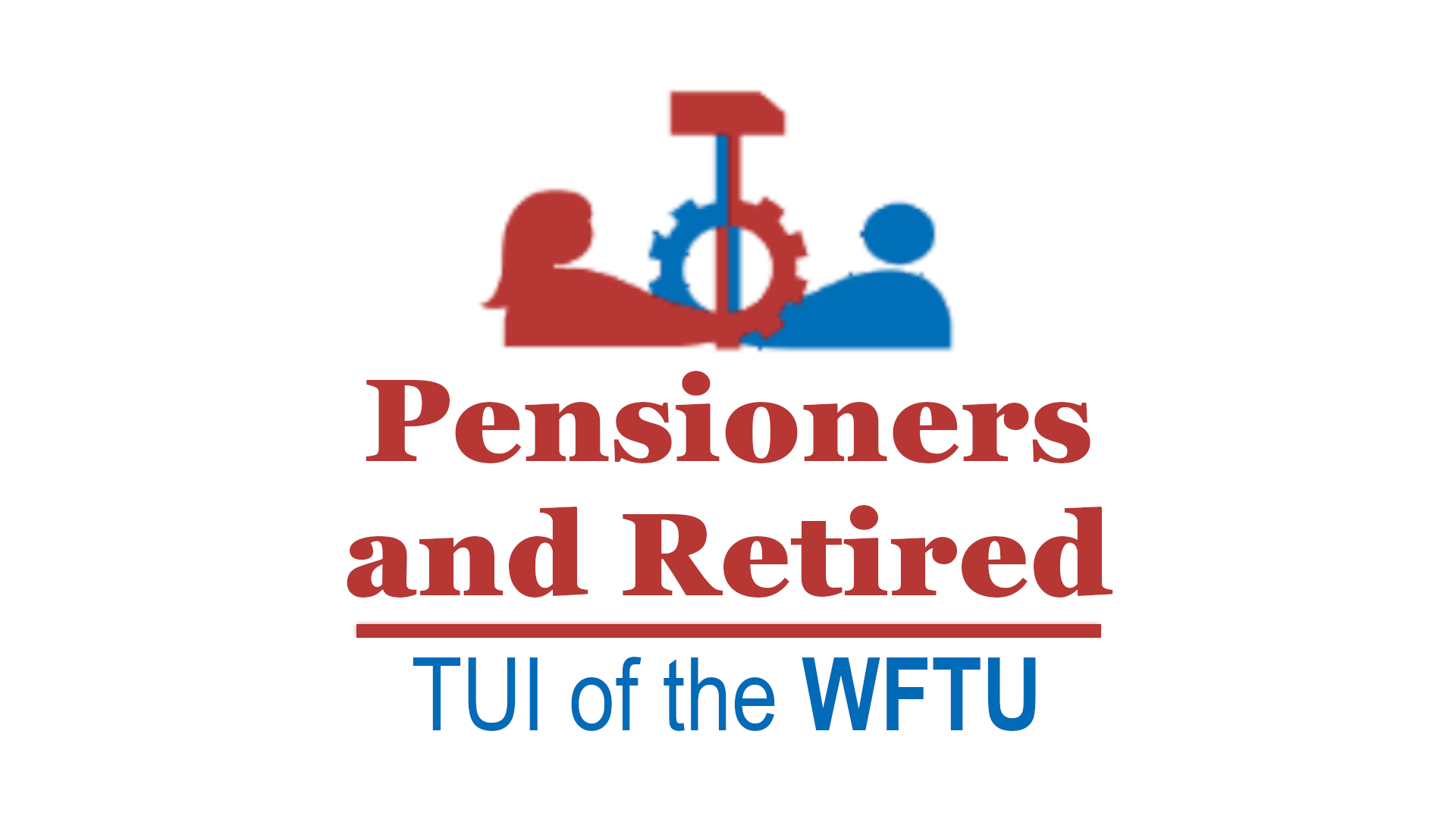APRIL 21, 2025—This May 17th marked another anniversary of the death in prison of Jorge Rafael Videla, perhaps the most representative figure of the genocidal dictatorship established on March 24, 1976. It is important to highlight that this historic moment marked the beginning, through state terrorism, of a period that allowed for the “blood and blood” reconversion of Argentine capitalism in line with what was happening worldwide: the overwhelming advance of capital over workers through neoliberalism.
Instrumental in this task were certain officials who set the guidelines for economic and social policies. One of them was José Alfredo Martínez de Hoz, who, as Minister of Economy, defined and implemented policies harmful to working people. Another was Domingo Felipe Cavallo, former president of the Central Bank during the last dictatorship, among other positions he held before and after, and who, as Minister of Economy under Menem, created the AFJP (Financial Pension Funds). All of the above is relevant because they are two figures admired by President Javier Milei, who, from their positions of public office, only brought misery and pain to the people.
We, the Coordinating Board of Retiree and Pensioner Organizations, point this out because the Pension System in Argentina is just beginning to be debated, which requires us retirees to make the greatest efforts to disseminate our proposal. It consists, in essence, of a public, supportive, pay-as-you-go, intergenerational, assisted system, led and administered by active workers and retirees, with the participation of the State, as the National Constitution states, it is the guarantor of social security.
It is important to emphasize that any pension system is closely related to the current labor system. You cannot expect the best retirement system with job insecurity and informality, miserable wages, the absence of employer contributions, and a negligent State.
The slogan remains the same: “We are all retirees, it’s just a matter of time.” We call on the working people to join our struggle through unions and central organizations, as well as social, cultural, student, and political organizations within a broad framework of unity.

